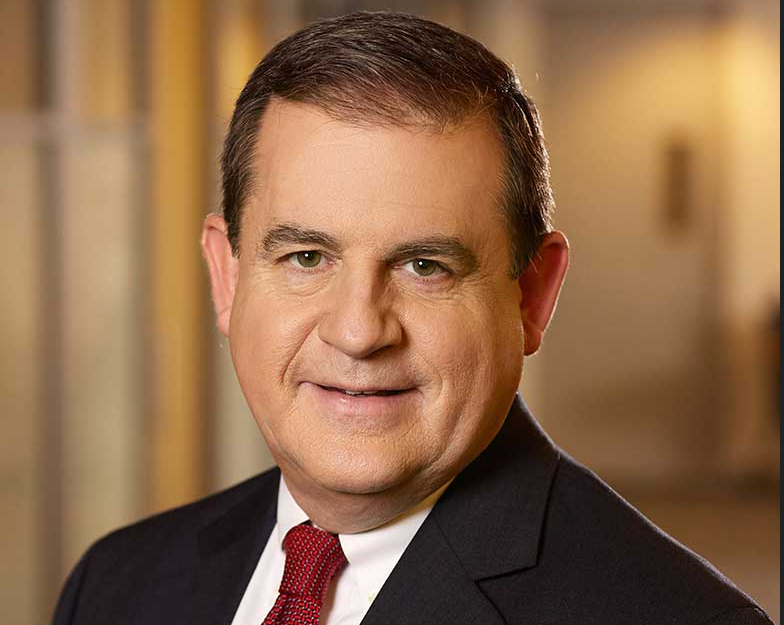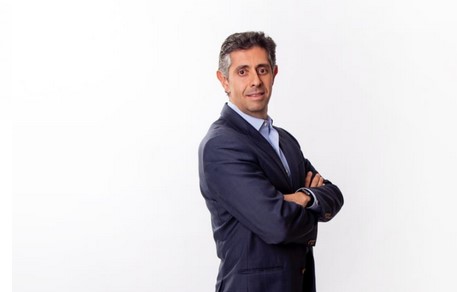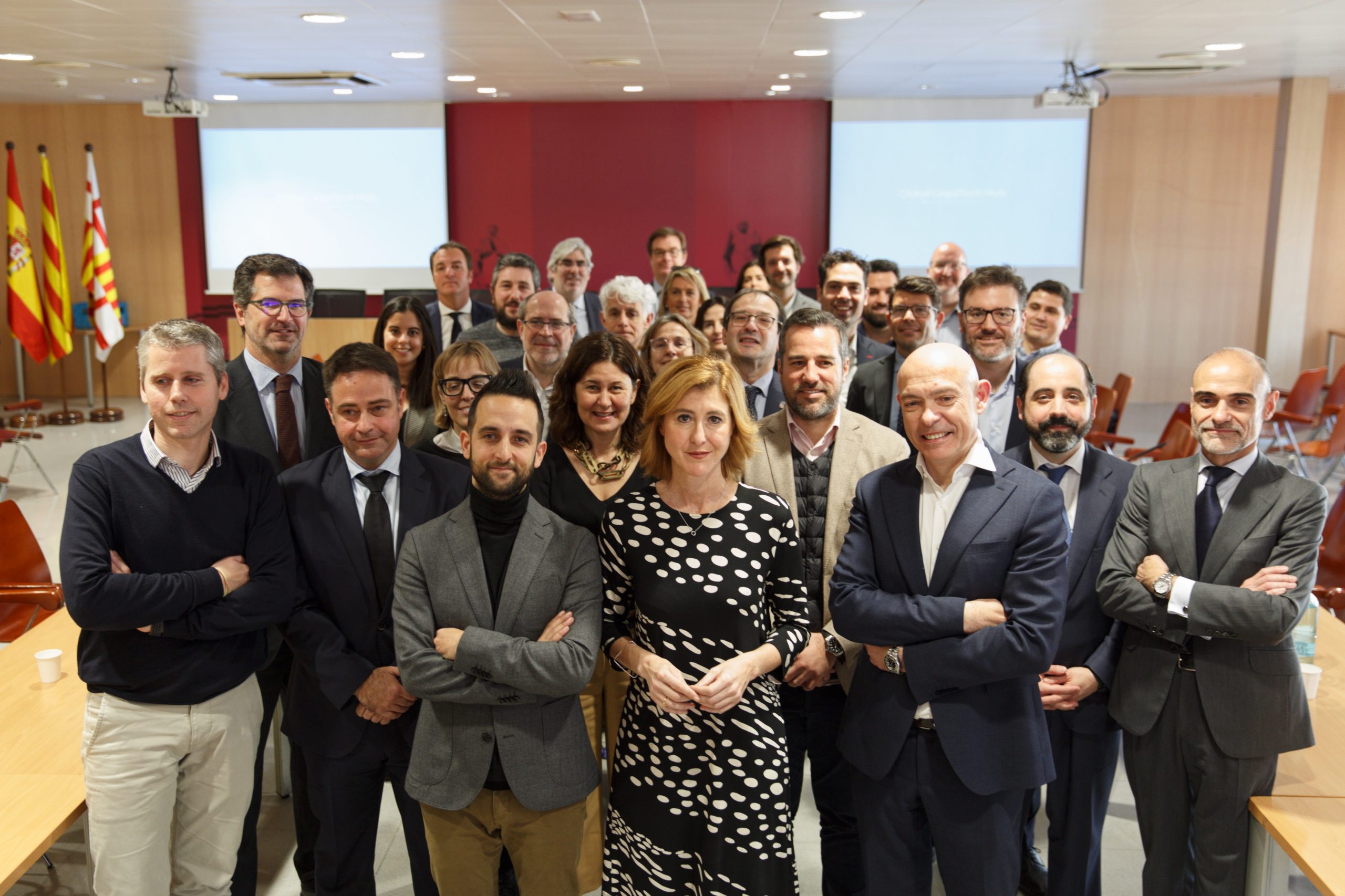Las amenazas y críticas contra China continuarán, pero el gigante asiático podría salir reforzado de esta crisis
| Por IreneValiente | 0 Comentarios

Hace dos semanas, Carmignac incrementó la tasa de exposición de sus fondos, al considerar que nos adentrábamos en una nueva fase de la crisis y la conmoción daba paso a la inestabilidad. “Un gran número de inversores sigue embelesado por los datos sobre la propagación del virus y por unas tendencias ligeramente más alentadoras a este respecto en prácticamente todas las regiones”, señala en su último comentario de mercado.
Actualmente, destaca dos temáticas que le preocupan:
1. El nivel de voluntad política que mostrará la Unión Europea a la hora de aprovechar la oportunidad que brinda esta perturbación externa para realizar progresos reales hacia un proyecto político más solidario. Según la gestora, el debate probablemente girará en torno al proyecto propuesto por Francia, que contempla la creación de un fondo de recuperación y que ya ha comenzado a perfilarse. Con todo, considera que, tras la reunión de los jefes de Estado y los gobiernos, quizás pueda empezarse a hablar de una evolución importante.
2. El otro motivo de preocupación en estos momentos atañe al universo emergente. “Para muchos países de esta esfera que presentan un gran endeudamiento en dólares o unos déficits por cuenta corriente elevados, el acceso a la liquidez en dólares sigue estando muy presionado a pesar de las líneas de swap establecidas por la Fed”, apunta. No obstante, destaca que el actor de mayor peso en los mercados emergentes es China: En la actualidad, resulta evidente que el gigante asiático está sometido a una presión cada vez mayor. “Vuelve a ser objeto de debate político en Estados Unidos, y los llamamientos a la relocalización de la industria vuelven a estar muy presentes”, añade.
Esta presión no supone ninguna novedad. Carmignac recuerda que la proporción de bienes manufacturados exportados a EE.UU. en relación con el total de la producción local empezó a disminuir el año pasado con el inicio de la guerra comercial, “tendencia que claramente continuará y que también se aplicará a Japón y, sin lugar a dudas, a Europa”.
Por otro lado, observa que algunos países han empezado a beneficiarse de este fenómeno, dado que lo que deja de llevarse a cabo en China no se reubica necesariamente en EE.UU. o Europa, debido a los costes de producción. México es uno de los que, a su juicio, está sacando partido de este movimiento que, en estos momentos, no constituye una simple relocalización o “desglobalización”, sino más bien “una reorganización de la globalización”.
En cualquier caso, en lo que respecta a China, la gestora hace hincapié en que esta situación desfavorable no debe hacer perder de vista cuatro fenómenos positivos para el país desde el punto de vista macroeconómico:
1. Por el momento, las repercusiones económicas en Occidente son más acusadas que en China, de tal forma que el diferencial de crecimiento se ha acentuado aún más a favor de este último. “Ello responde a que esta crisis, a diferencia de una recesión tradicional, afecta de manera especialmente marcada al sector servicios, incluso más que a las actividades manufactureras”, apunta. Y, por el momento, el sector servicios sigue representando una proporción menor del PIB en el universo emergente y China que en los países más desarrollados.
2. La eficacia de la externalización china y el rápido retorno de las capacidades de producción constituyen factores que los grupos industriales occidentales valoran especialmente en la actualidad. Según Carmignac, China ha gestionado bastante bien la crisis desde el punto de vista industrial. Por tanto, “asistiremos efectivamente a un cierto nivel de relocalización, aunque solo sea por motivos políticos, pero el valor económico de las cadenas de suministro mundiales, y especialmente la de China, no desaparecerá”.
3. El incremento del turismo chino en el extranjero y los gastos asociados representaban hasta hace poco un lastre cada vez mayor para su balanza por cuenta corriente. Ahora, ese lastre ha desaparecido, lo que, en su opinión, compensa en parte los efectos negativos de la caída de las exportaciones de bienes sobre esta balanza por cuenta corriente.
4. Por último, la gestora hace hincapié en que el deterioro generalizado de la situación en Occidente en los planos sanitario, económico y político ha reducido considerablemente las preocupaciones sobre las salidas de capitales de China.
“Por consiguiente, aunque resulta probable que las amenazas y las críticas hacia China sigan acentuándose, no nos sorprendería en absoluto que, en última instancia, el gigante asiático salga más bien reforzado de esta crisis, al menos en términos relativos”, asegura. Todo ello justifica su considerable posicionamiento actual en renta variable china, que se concentra en los sectores de la economía digital y en el mercado interno del país.









